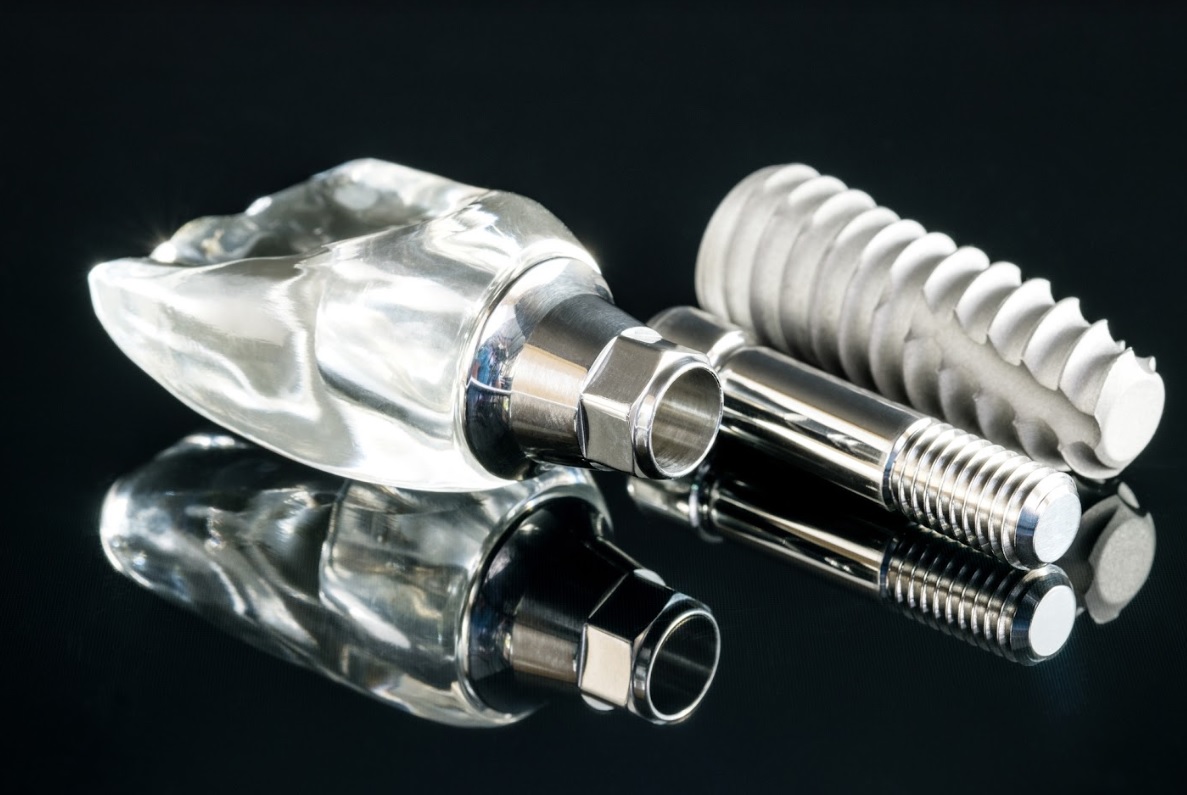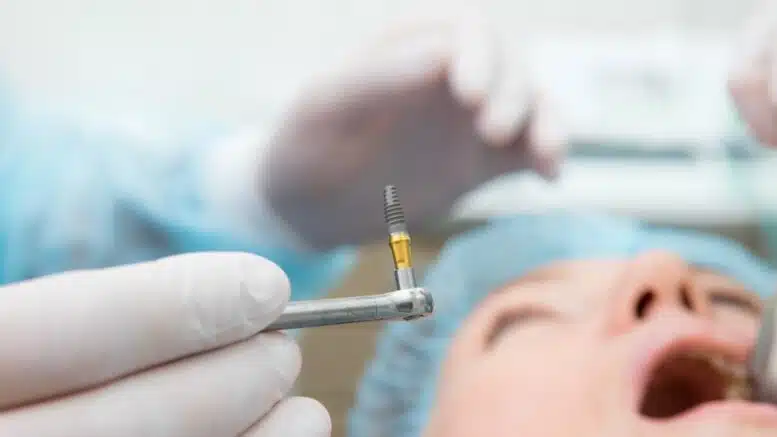Dental implant surgery is a procedure to install a fabricated tooth root in a patient’s jawbone. Once the surgery is successful, the installed root or roots offers a solid foundation for replaced teeth. The implants match the existing teeth’ color for a more natural smile.
Dental implant roots are made of titanium. This makes them strong and durable. Aside from that, many are going for dental implants because they resemble natural teeth. They’re also preferred since they aren’t removable and don’t pose a challenge when chewing hard food, unlike traditional dentures.
Unfortunately, with all the benefits associated with dental implants, they aren’t suitable for everyone. Some issues can get in the way of a patient receiving this treatment. If you’re considering undergoing dental implant surgery, here are factors to consider to determine if you are eligible for a dental implant surgery.
General Health
Of course, many might wonder how their general health can determine whether or not they can undergo dental implant surgery. But the truth is, your well-being plays a huge role when undergoing any surgical procedure. Therefore, your dentist will want to know if you have any underlying condition and are on any medication. This is because some health conditions can result in severe bleeding during surgery. Also, other health conditions can interfere with root integration, resulting in slow recovery or jawbone and gum infection.
On the other hand, some medications might react with the anesthesia administered before the surgery. Therefore, informing your dentist if you’re ailing or under any medication is vital.
Fortunately, reputable dentists in outstanding facilities, like NSOMS, will always perform tests to determine your health. They’ll also ask if you smoke or drink alcohol. These questions are relevant since smoking and consuming too much alcohol can interfere with gum tissue integrity and bone density. A patient with such issues might not be an ideal candidate for dental implant surgery.
Jawbone And Gum Health
Another thing about dental implant surgery is that you must have healthy gums and jawbones. The installed root must fuse with your jawbone to stay intact through a process known as osseointegration. If your jawbone isn’t healthy, the process is bound to fail.
Fortunately, experienced dentists can work around such an issue by grafting the bone tissue from different parts of a patient’s body.
After the root has been installed, it depends on your gum tissue for support and protection. The gum tissue also provides a resting area for the crown. Suppose your gums are ailing. The implant might not succeed since the root will lack protection and support, and the crown might not have a perfect resting place.

Patients with poor gum health, such as periodontal disease, will likely continue losing gum tissue unless they change their lifestyles and practice dental hygiene. If you undergo dental implant surgery with ailing gums, you’ll likely experience severe infection after the procedure.
Age And Jawbone Development
As stated, dental implants require a fully grown, strong jawbone for successful integration. That said, everyone undergoing dental implants must have an adequate jawbone, or else the procedure might fail. For this reason, dentists are more reluctant to perform dental implant surgery on children under 18 years old. Nevertheless, there are exceptions regarding teens with already-developed jaws.
Fortunately, unless you’re ailing or your jawbone and gum aren’t healthy, every adult can undergo dental implant surgery. In fact, with an excellent health record, you can get dental implants even at 80 years old.
Can You Undergo Dental Implant Surgery If You Grind Teeth?
While bruxism or teeth grinding might not disqualify you from having dental implant surgery, it can pose significant challenges. Integrating the artificial root with your gum and jawbone is critical to this surgery’s success. Anything interfering with the process can cause the surgery to fail. For example, teeth grinding can interfere with root integration and affect the entire process due to constant teeth friction.
Can You Get Dental Implants If You Have Dentures?
People with dentures can also get dental implants. Based on the condition of your dentures, dental implants may be used to support or replace them. However, you must have a healthy and adequate jawbone. Your dentist will, therefore, perform conclusive tests to determine whether you can get dental implants if you have dentures.
Conclusion
Dental implants are among the most effective teeth replacement procedures. They resemble natural teeth and last for a lifetime. However, you must be in good health and have healthy gum and jawbone to undergo dental implant surgery. If you have gum or jawbone conditions, you might not be suitable for the surgery. Smoking, drinking too much alcohol, or grinding can also interfere with artificial root integration. If you’re looking forward to dental implant surgery, visit your dentist to determine if it’s possible.
